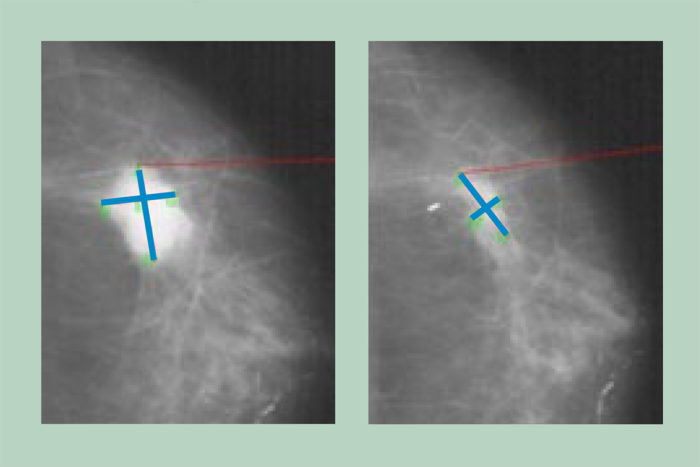Link Between Hormone Therapy and Breast Cancer Risks Identified
A recent study has revealed that certain types of hormone therapy used to alleviate menopause symptoms may be associated with an increased risk of breast cancer in women. This research, published in The Lancet Oncology on July 2, 2025, highlights important distinctions in treatment options for women based on their individual health circumstances.
Understanding the Study
The investigation focused specifically on women under the age of 55, who were segmented into two categories: those who still have their uterus and those who have undergone a hysterectomy. This separation is crucial as it determines the appropriate hormone treatment approach. Dr. Céline Gounder, a contributor for CBS News and public health editor at KFF Health News, explained that women with a uterus require a combination of estrogen and progestin, while estrogen alone is suitable for those who do not have a uterus.
Progestin, a synthetic alternative to the natural hormone progesterone, is included in hormone therapy to prevent endometrial cancer, which can occur when estrogen leads to thickening of the uterine lining. Dr. Gounder emphasized that for women without a uterus, estrogen alone actually reduced breast cancer risks, whereas the combination with progestin appeared to elevate those risks.
Context and Evolution of Research
This study builds on previous research such as the Women’s Health Initiative, which looked at older women who typically began hormone replacement therapy years after menopause. While the earlier study stirred considerable concerns about the safety of hormone therapies, subsequent analyses have indicated that its methodology had inherent flaws. Now, contemporary research aims to reflect the real-life experiences of women who encounter menopause in their 40s and 50s.
According to Dr. Gounder, the current understanding of hormone replacement therapy has markedly evolved, shifting toward recognizing its effectiveness and safety for appropriate candidates. “The latest findings highlight the importance of timing and selection of hormone therapy in improving health outcomes,” she noted.
Potential Risks and Benefits
Like any medical treatment, hormone replacement therapy carries potential risks. According to the Mayo Clinic, patients considering this therapy need to be aware of the possible side effects, including increased chances of heart disease, stroke, blood clots, and certain cancers. However, it can also provide significant health benefits, such as diminishing menopausal symptoms like hot flashes, preserving bone density, and reducing certain cancer risks.
The findings from this study underscore the necessity for women to consult with healthcare providers to comprehensively evaluate their treatment options, considering personal medical history and family health backgrounds. Dr. Gounder urged, “It is crucial to have a detailed discussion with your provider to identify the best course of action tailored to individual health needs.”
Key Insights from the Study
| Hormone Therapy Type | Breast Cancer Risk |
|---|---|
| Estrogen + Progestin | Increases risk in women with a uterus |
| Estrogen Alone | Reduces risk in women without a uterus |
As the understanding of hormone therapies continues to advance, ongoing communication between patients and physicians remains essential to ensure safe and informed care for women’s health.


